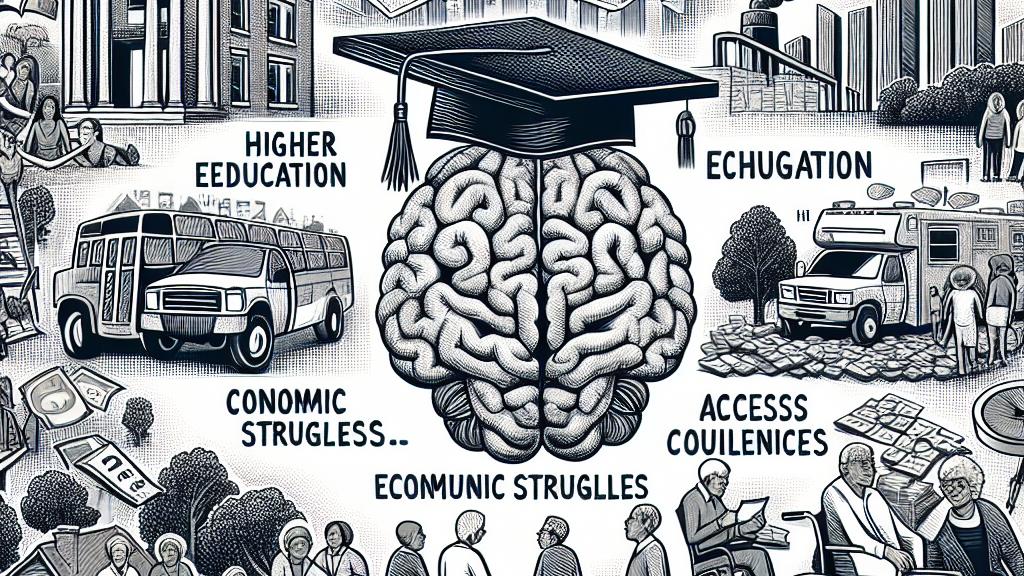Harnessing Social Factors in Alzheimer's Research through Advanced AI Techniques
Overview
- Examines the critical influence of social determinants of health (SDoH) on Alzheimer's disease risk.
- Unveils cutting-edge artificial intelligence and knowledge graphs as tools for groundbreaking research.
- Stresses the essential collaboration needed among diverse stakeholders to revolutionize dementia studies.

Understanding Social Determinants in Alzheimer's Research
The groundbreaking research conducted in the United States sheds remarkable light on social determinants of health (SDoH) and their vast implications on Alzheimer’s disease and related dementias. Simply put, SDoH encompass factors such as income, education, and access to community resources, each of which critically influences an individual’s health outcomes. For instance, studies show that individuals with higher education levels tend to have lower risks of cognitive decline. In stark contrast, people grappling with economic hardships often face significant barriers to accessing necessary medical care, leading to a heightened risk of developing Alzheimer's. This compelling evidence reinforces the critical need for research focused on SDoH, as understanding these connections could yield targeted interventions that improve health prospects for vulnerable populations.
The Role of AI in Enhancing Knowledge Discovery
In an era defined by technological advancement, artificial intelligence (AI) emerges as a transformative ally in health research. Picture this: an innovative framework powered by large language models (LLMs) that sifts through immense volumes of literature on SDoH, extracting vital knowledge and merging it with biological data linked to Alzheimer’s. This integration not only expedites research but also deepens the understanding of complex relationships. For instance, consider findings that illustrate a direct link between inadequate access to healthcare and accelerated cognitive decline among low-income families—such insights are invaluable. Moreover, graph neural networks enhance predictive accuracy, enabling researchers to uncover intricate patterns within SDoH data. The result? A fresh lens through which to view health and its determinants, paving the way for more effective public health strategies.
Collaborative Efforts for Better Outcomes
Addressing the multifaceted challenges posed by Alzheimer's and dementia requires a concerted effort from all stakeholders involved. The power of collaboration is undeniable and plays a monumental role in advancing dementia research. As evidenced in the NIH progress reports, diverse perspectives and expertise yield rich insights that are crucial for developing innovative solutions. By joining forces, researchers, healthcare providers, and community organizations can address not only the medical aspects but also the social barriers influencing patient care. For instance, initiatives that engage caregivers in the decision-making process ensure that health strategies are holistic and responsive to individual needs. Such collaborations are not merely beneficial; they are essential to fostering enhanced health outcomes and improving the quality of life for those impacted by cognitive impairments. Together, there is hope for a brighter future in Alzheimer's care and prevention.

Loading...